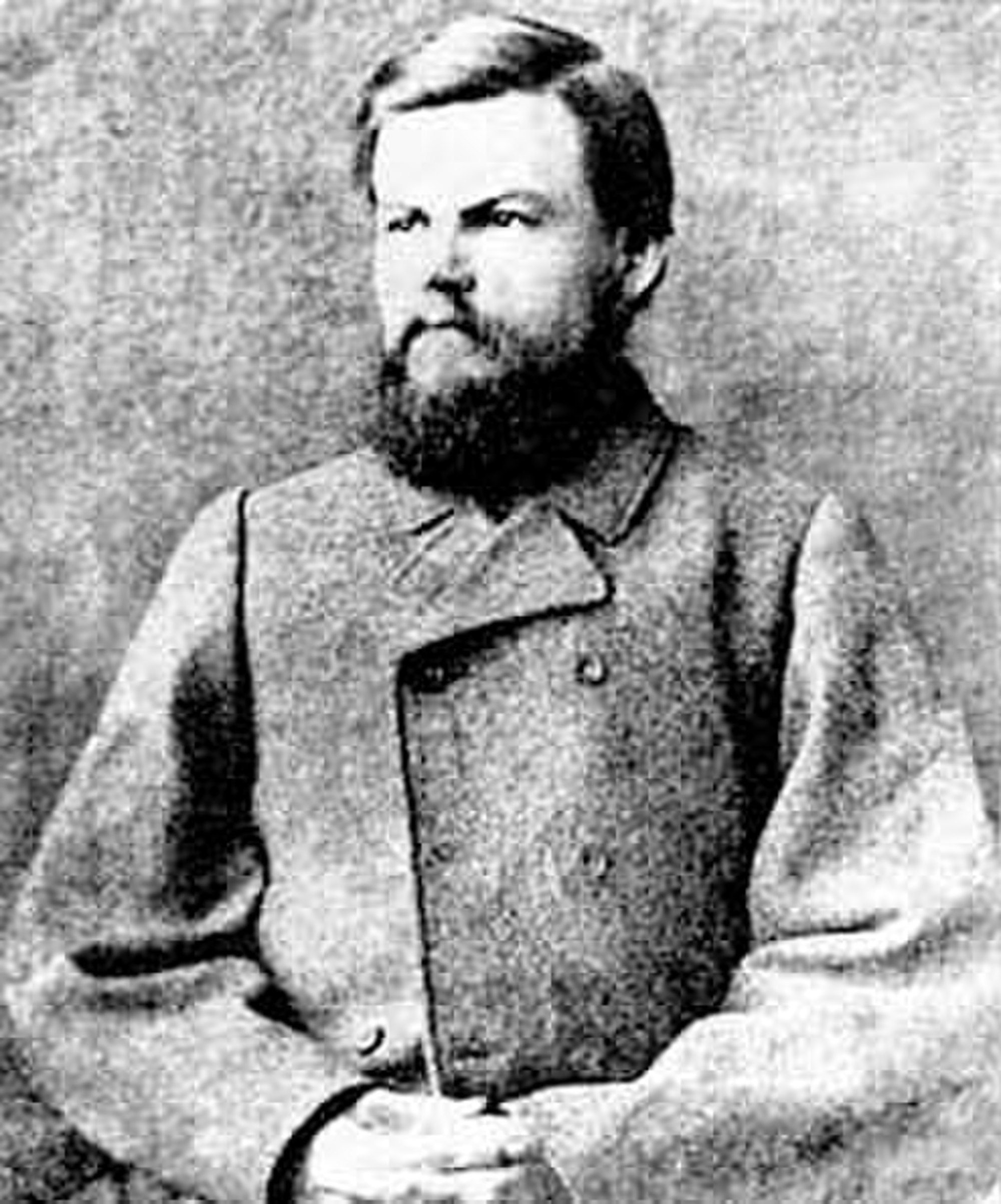
On November 25, 1864 eight undercover agents calling themselves the Confederate Army of Manhattan attempted, unsuccessfully, to start fires across New York City at 19 hotels, a theater and P.T. Barnum’s Museum. Only Confederate officer Robert Cobb Kennedy, pictured, was captured and executed four months later. Image via Wikimedia Commons, public domain in the US.
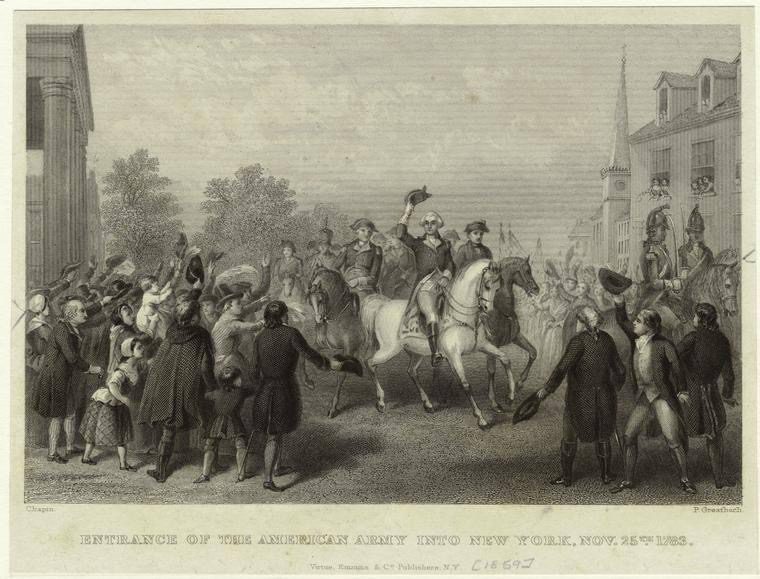
On today’s date November 25, 1783: The British evacuated New York after the Revolutionary War. Photo: Entrance of the American army into New York, Nov. 25, 1783. John Reuben Chapin [Public domain], via Wikimedia Commons

Image of William DeHart Hubbard competing at the 1924 Olympic Games in Paris. At these Olympic Games William DeHart Hubbard became the first African American to win a gold medal in an individual event. He was born on November 25, 1903. from Musée Municipal d’Art et d’Histoire de Colombes via Wikimedia Commons, CC BY SA 4.0
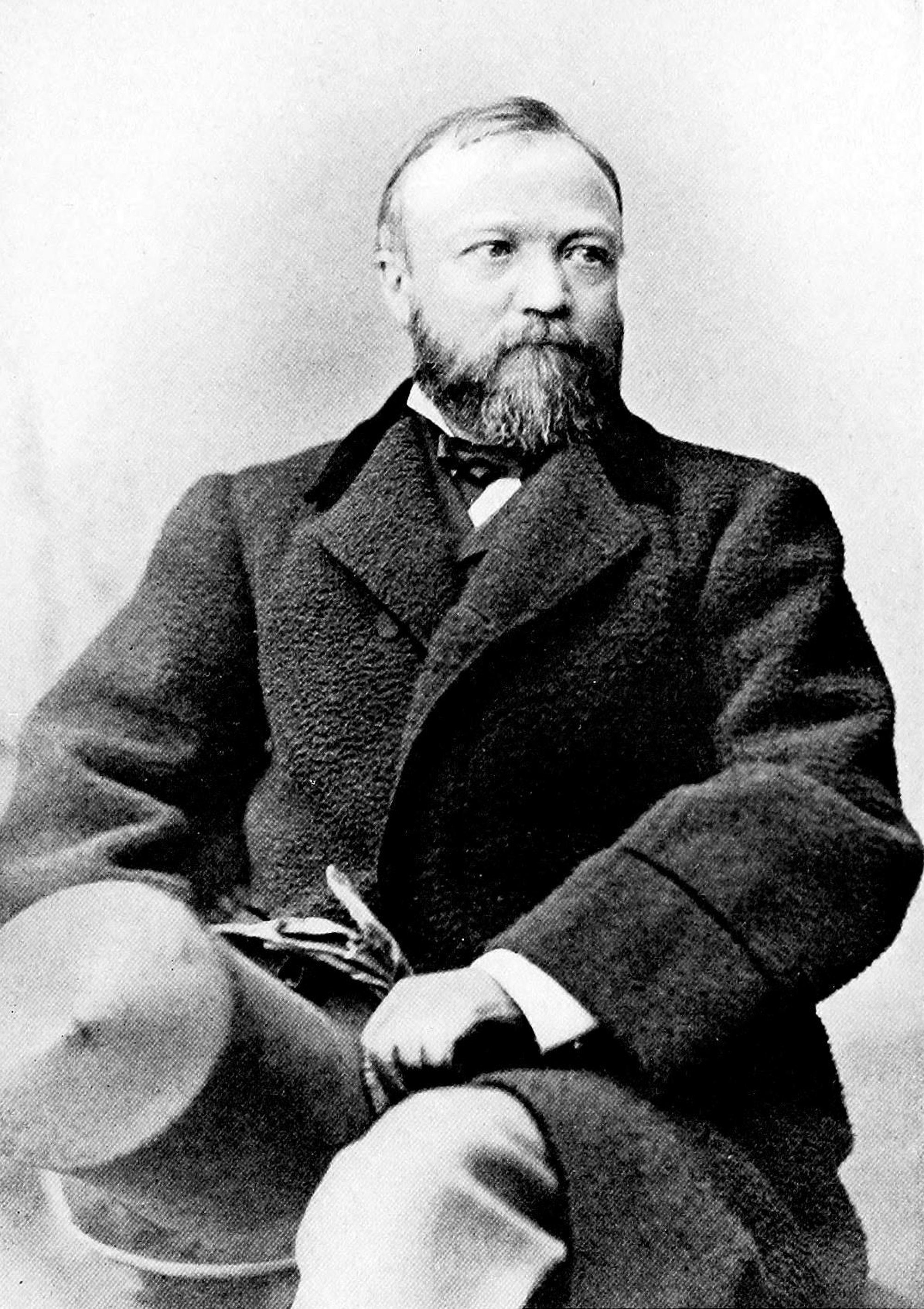
Born November 25, 1835, in Scotland, Andrew Carnegie became an American citizen 50 years later. It was in the US that Carnegie amassed his fortune, then spent years using his money to do good throughout his adopted nation and the world. Between 1900 and 1919 Carnegie’s charitable contributions totaled about $10 billion (2021 equivalent). Image of Carnegie c. 1878 via Wikimedia Commons, public domain in the US.
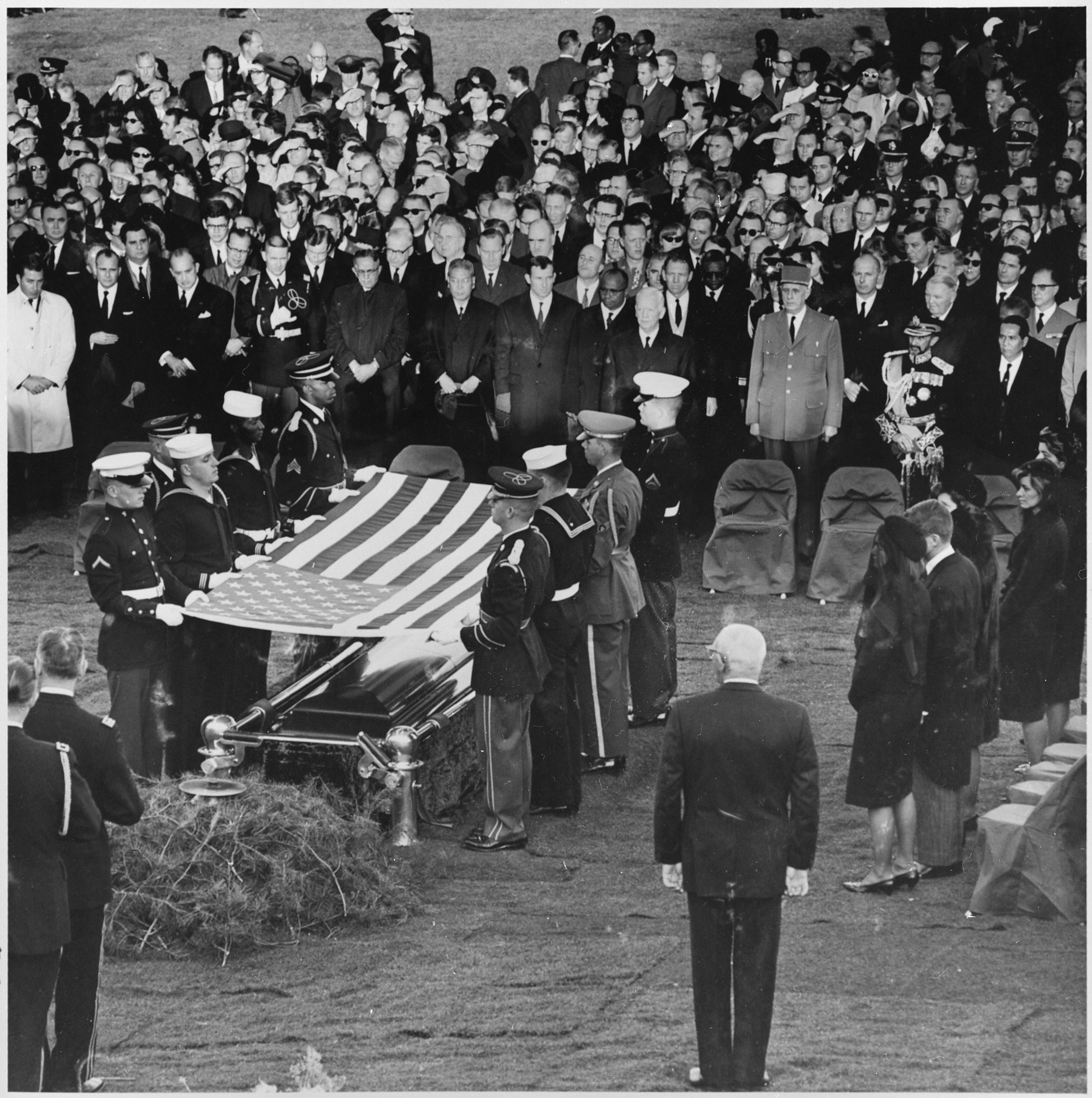
Photograph of servicemen removing the flag from the casket of President John F. Kennedy at Arlington National Cemetery, as the late President’s widow and other mourners look on. November 25, 1963 Image via Wikimedia Commons, public domain
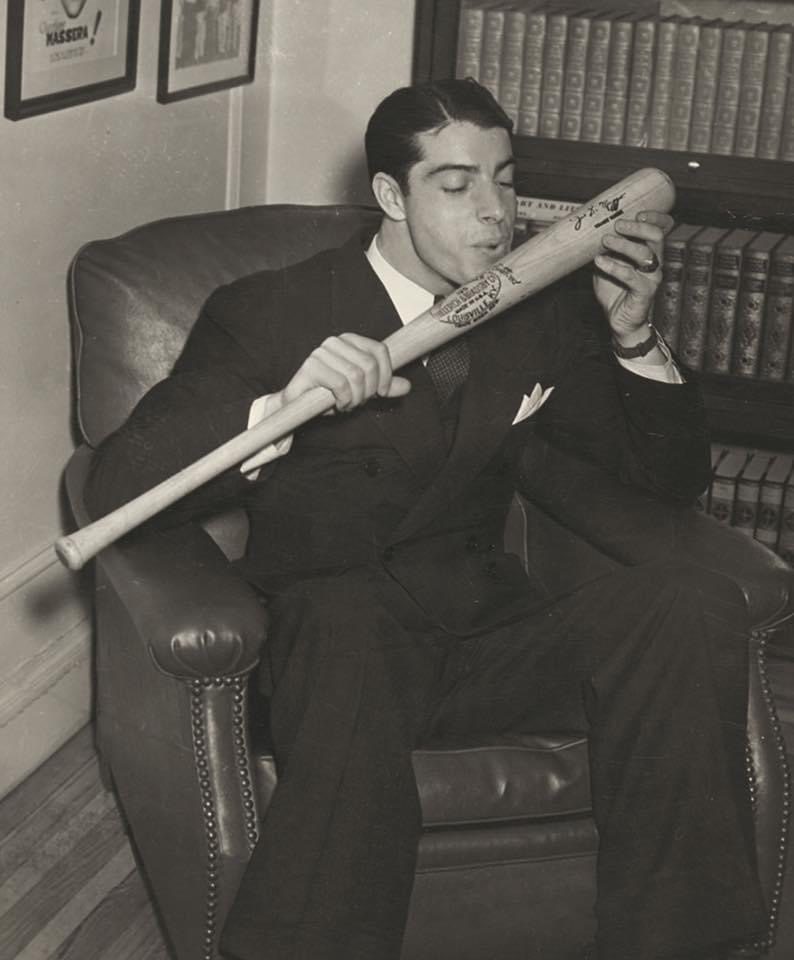
Nine-time World Series champion, Joe DiMaggio, was born on November 25, 1914 in Martinez, California. Joe DiMaggio ready to kiss his signature baseball bat in 1941 via Wikimedia Commons, public domain in The United States
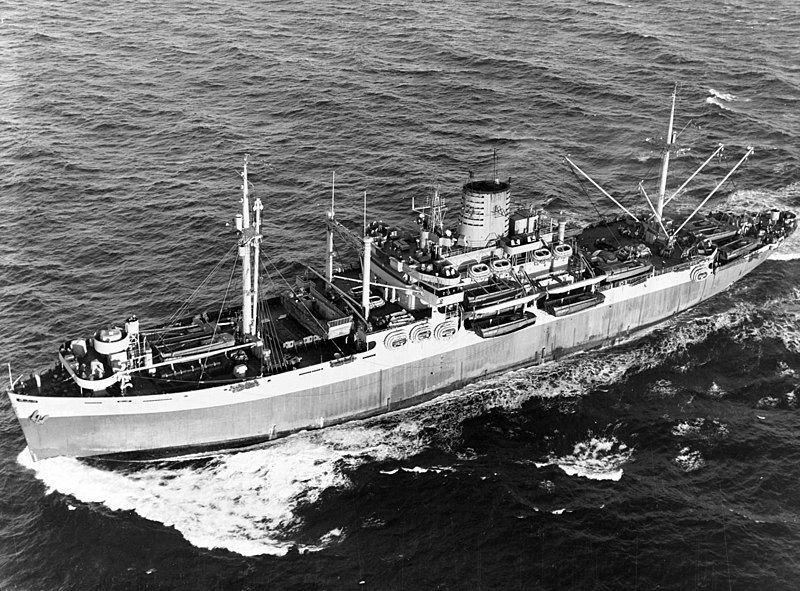
The USS Samuel Chase, photographed on November 25, 1943. The Chase and her US Coast Guard crew transported GIs to every landing in the European Theater of WW2 and then sailed for the Pacific, arriving for the Battle of Okinawa. Seen on the deck are Higgins boats, the small landing craft that braved enemy shore fire. Image from USNHHC via Wikimedia Commons, public domain in the US.
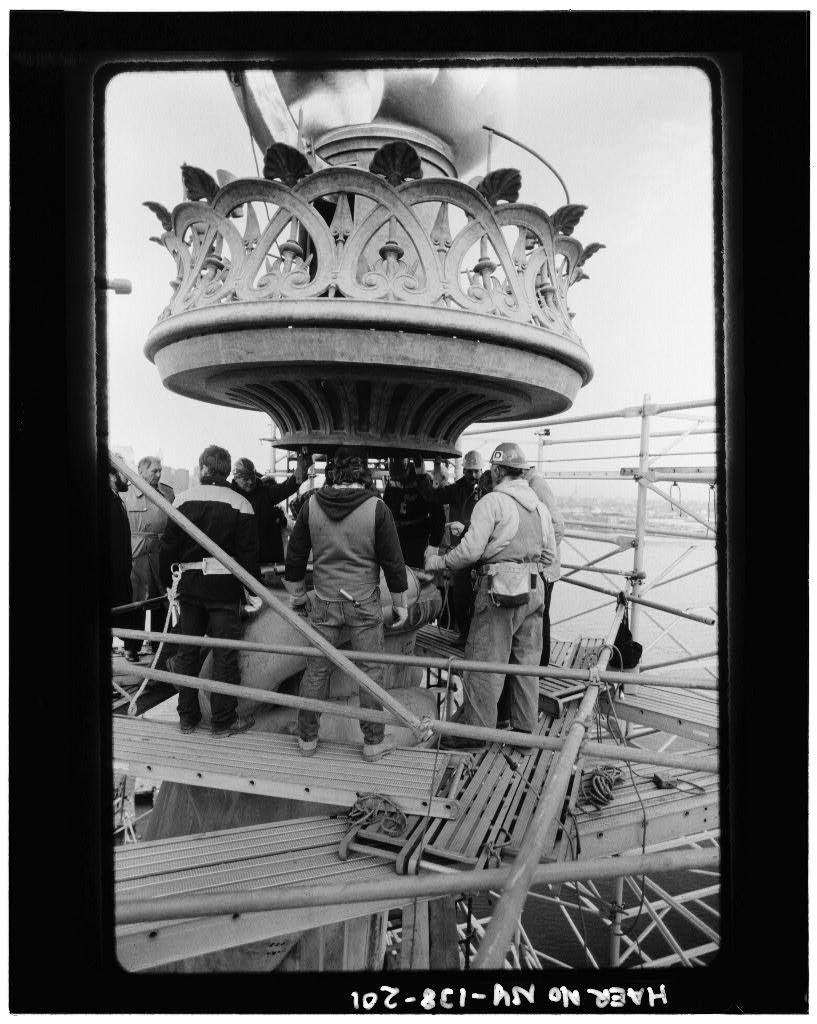
Lowering new flame and balustrade assembly onto torch base, November 25, 1985 – Statue of Liberty, Liberty Island, Manhattan, New York County, NY via LOC, no known restrictions
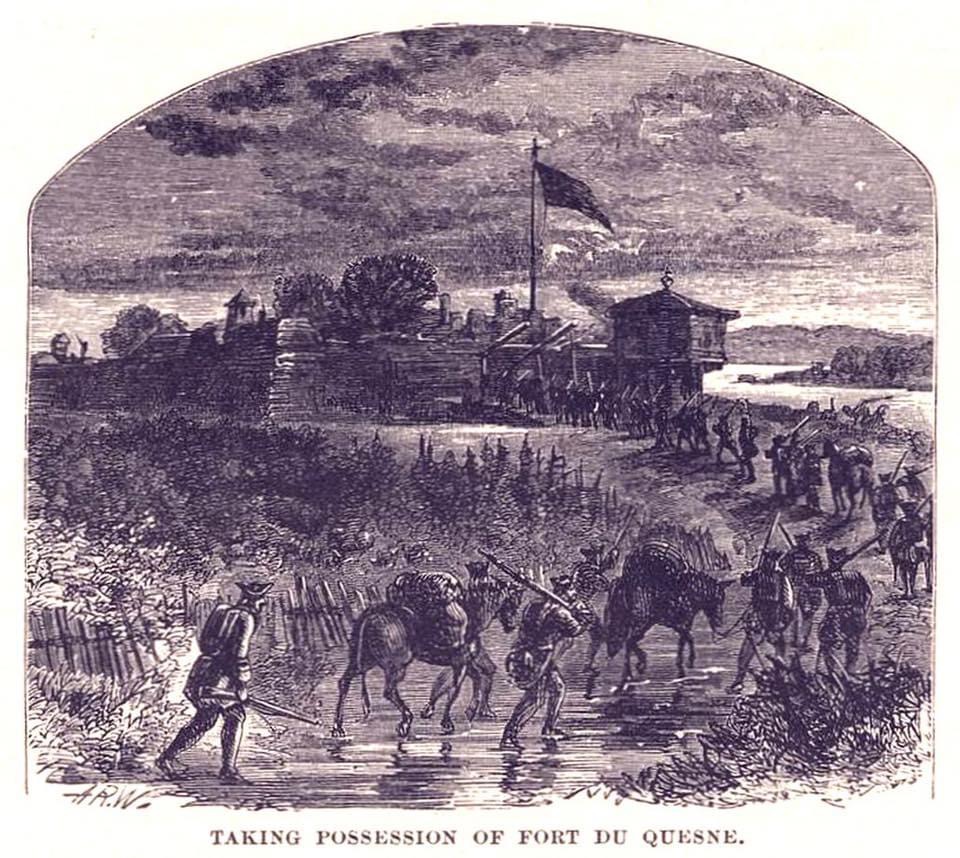
On November 25, 1758 the British took possession of Fort Duquesne from The French. Very near the same site, the British built a new “Fort Pitt” in present day Pittsburgh, Pennsylvania.
“The pride of England was awakened; her energies and those of her colonies were effectually aroused. Her military forces were organized and approaching. They were sufficient in numbers and adequate in courage to the accomplishment of her determined purpose. Victory or death, was the theme of every tongue, and the resolve of every heart. The fixed design of dislodging at once and forever, from this formidable and favorite entrenchment, the capacities of French and Indian annoyance, nerved the arm and controlled the will of every soldier. The advance of the army was regarded by the mother country with trembling anxiety, and by the colonies with fearful interest.
The resolute commander had been borne from the Delaware to the Monongahela upon a litter; he was prostrated by suffering, but resolved to execute the purposes and meet the expectations of his country. When advised to retrace his steps, giving vent to the invincible impulse of his heroic spirit, he profanely but solemnly declared, that “on the following night he would sleep in the fort or in hell!” His troops were reposing on the banks of a
neighboring stream, preparatory to a final assault on the morrow; when, on the eventful night preceding the day whose anniversary we celebrate, the reverberations of a terrific explosion awoke them from their slumbers. The enemy had departed; and on the 25th of November, [261 years ago] one hundred years ago, the cross of St. George floated for the first time over the deserted ramparts and desolate walls of Fort Duquesne. French domination, passing from the light of conflagration to the shades of returning darkness, descended the beautiful river, never to return. The foot of the foe had pressed for the last time the soil on which we stand.”
From: Oration delivered at the centennial celebration of the evacuation of Fort Duquesne on November 25, 1858
by A. W. Loomis, published in 1859
https://archive.org/details/orationdelivered00loom/page/7
Source says not in copyright
Image: Fort Duquesne Pittsburgh, Pennsylvania via Wikimedia Commons, public domain
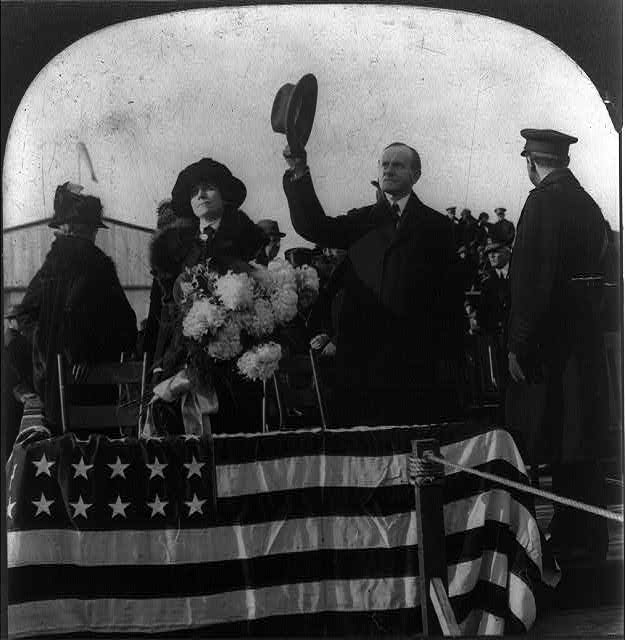
The christening of the zeppelin USS Los Angeles by Calvin and Grace Coolidge on November 25, 1924
Image via LOC, no known restrictions
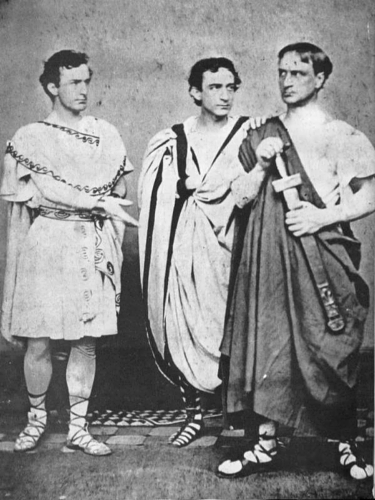
On November 25, 1864, John Wilkes Booth starred as Mark Antony along with his brothers Edwin and Junius in Shakespeare’s Julius Caesar at New York’s Winter Garden Theatre.
Image via Wikimedia Commons, no known restrictions
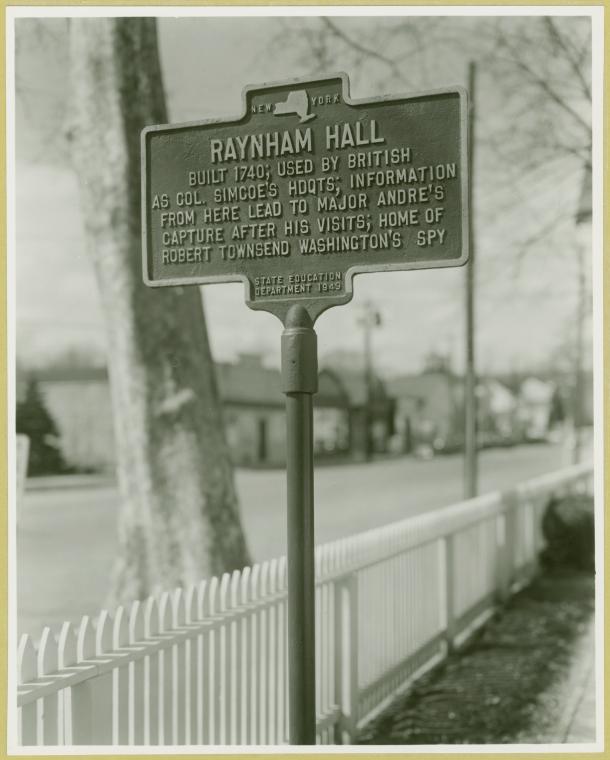
Robert Townsend, one of George Washington’s Culper Ring of spies, was born at Oyster Bay on Long Island, New York on November 25, 1753.
Image of a marker at the Townsend Family home called Raynham Hall in Oyster Bay via NYPL Digital Collections, no known restrictions
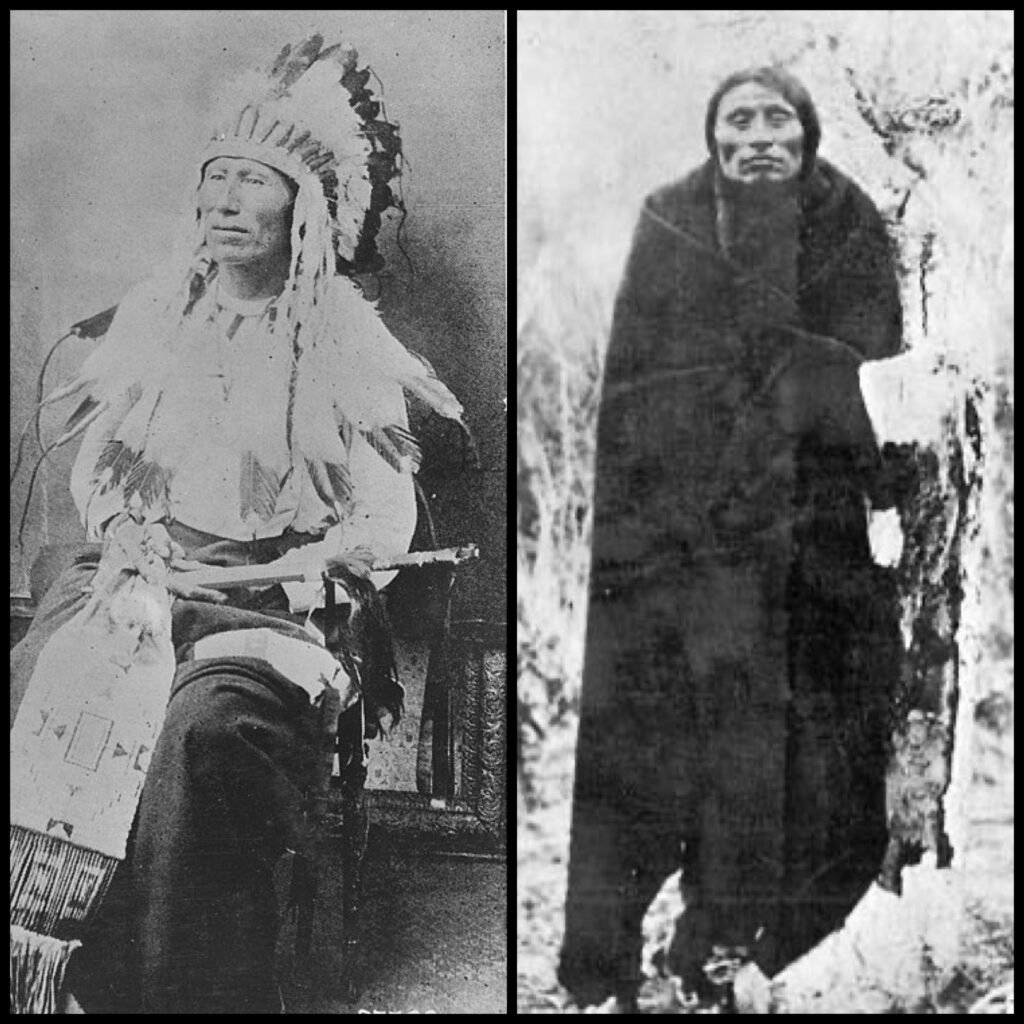
After receiving the location of a large camp from a Red Cloud Agency scout, U.S. Colonel Ranald S. Mackenzie attacked a Cheyenne camp in the Wyoming Territory at dawn on November 25, 1876.
The Cheyenne leaders named Dull Knife (left) and Little Wolf (right) were defeated.
In the aftermath U.S. soldiers discovered items that belonged to General Custer’s seventh cavalry.
Images via Wikimedia Commons, public domain in the US.


